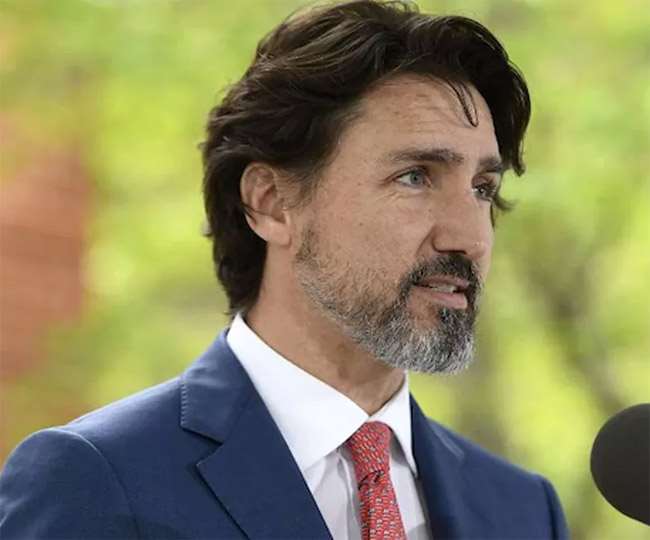
This is true, Many developed countries including Canada oppose subsidy given to farmers in India

Canadian Prime Minister Justin Trudeau may have been pretending to support farmers agitating against the new agricultural laws, but his country has long been directly opposed to India’s minimum support price policy in the World Trade Organization (WTO). Although it is not the only developed country to oppose the MSP, many others including the US have been involved in it. Let us know why Trudeau is opposing the agitating farmers in India, transgressing international diplomatic decorum and why his country has been opposing India’s agricultural policies in the WTO …
MSP is decided for these commodities
The Central Government currently fixes MSPs for 23 types of commodities on the recommendations of the Commission for Agricultural Costs and Prices (CACP). These include 7 grains, 5 pulses, 7 oilseeds and 4 cash crops.
Opposing countries in the WTO
During the WTO meeting in the year 2018-19, developed countries like Canada, Brazil, New Zealand, USA, Japan and Australia alleged that India has given more subsidy to farmers during the procurement of paddy than the prescribed limit. Canada, Brazil and New Zealand were more vocal on this issue. These countries also opposed the minimum support price (MSP) fixed for wheat and other crops along with paddy.
What is the standard of subsidy
According to the WTO’s Agricultural Agreement (AOA), developing countries like India can subsidize a maximum of 10 percent on the cost of production of crops. This subsidy will also be calculated according to the prices of the year 1986-88. Because of this, the subsidy given to farmers in India exceeds the WTO standard. Other developing countries have the same situation. However, according to an estimate, the US gives 120 billion dollars (8,864.76 billion rupees) of agricultural subsidies every year, while in India only 12 billion dollars (885.40 thousand crores) are spent on agricultural subsidies.
India has objection to the standard
Other developing countries, including India, have been objecting to the fixed standard of subsidy to farmers. In 2013, at G-33 Ministerial level conference held in Bali, this issue was loudly raised. It was said that in the year 1986-88 the prices of crops were very low. As such, it is not appropriate to determine the subsidy accordingly. This was followed by the benefit of Peace Clauses to developing countries. Under this, developing countries cannot be dragged into disputes over violation of the standard.
Protest base of developed countries
Last year, Canada raised 25 questions about subsidies to farmers from India. At the same time, he had feared that if India would give more subsidy to its farmers, it would have an impact on the global agricultural business. Actually, Canada and other developed countries have been taking such steps since 2015. Last year, the US and Canada objected to the government’s announced minimum support price for gram, urad, peas and other crops in the WTO. Experts believe that Canadian Prime Minister Trudeau’s concern about India’s peasant movement is also inspired by his country’s politics, where the Indian community dominates.



Average Rating